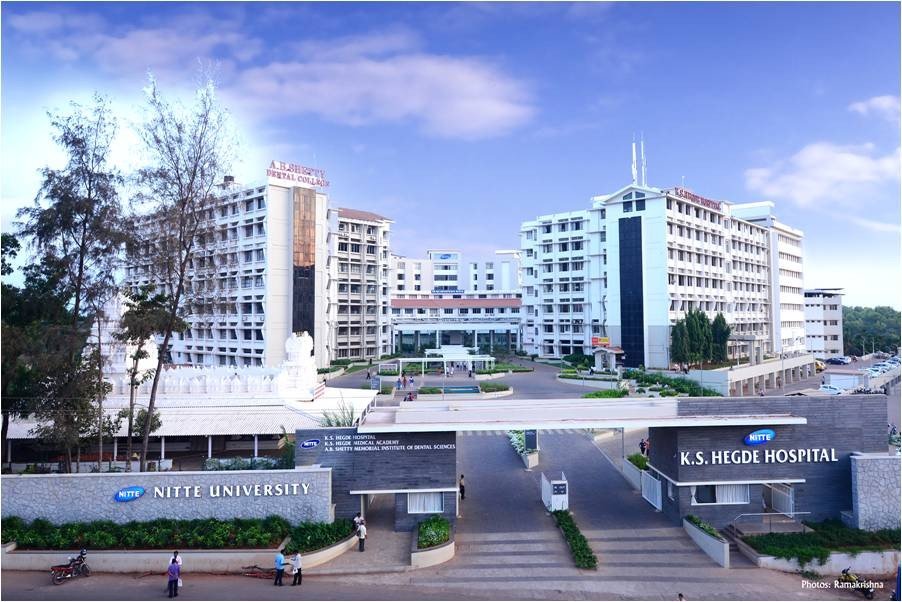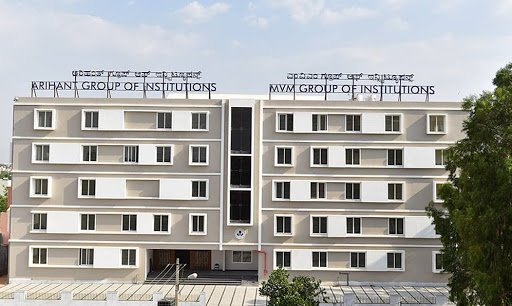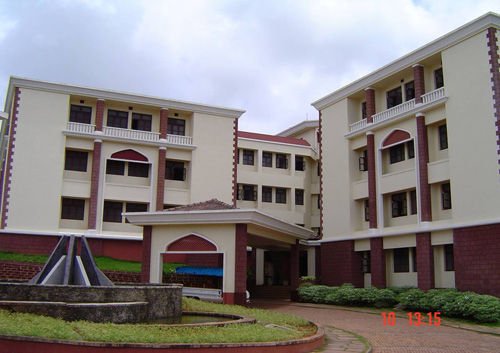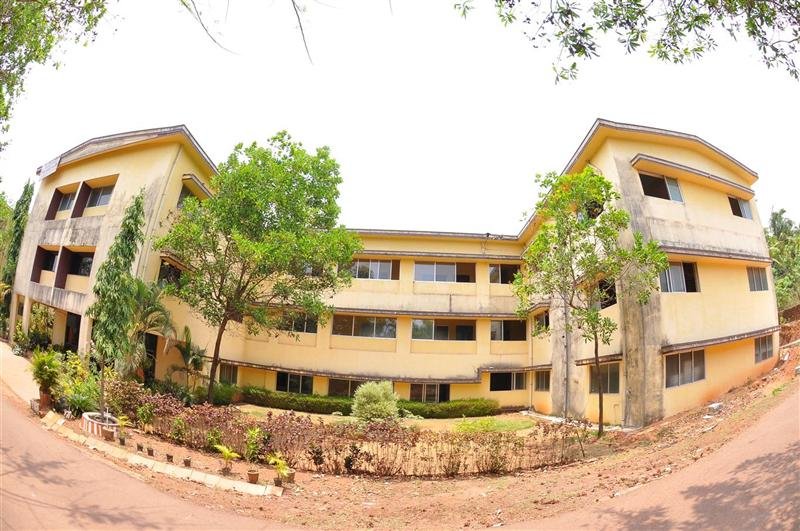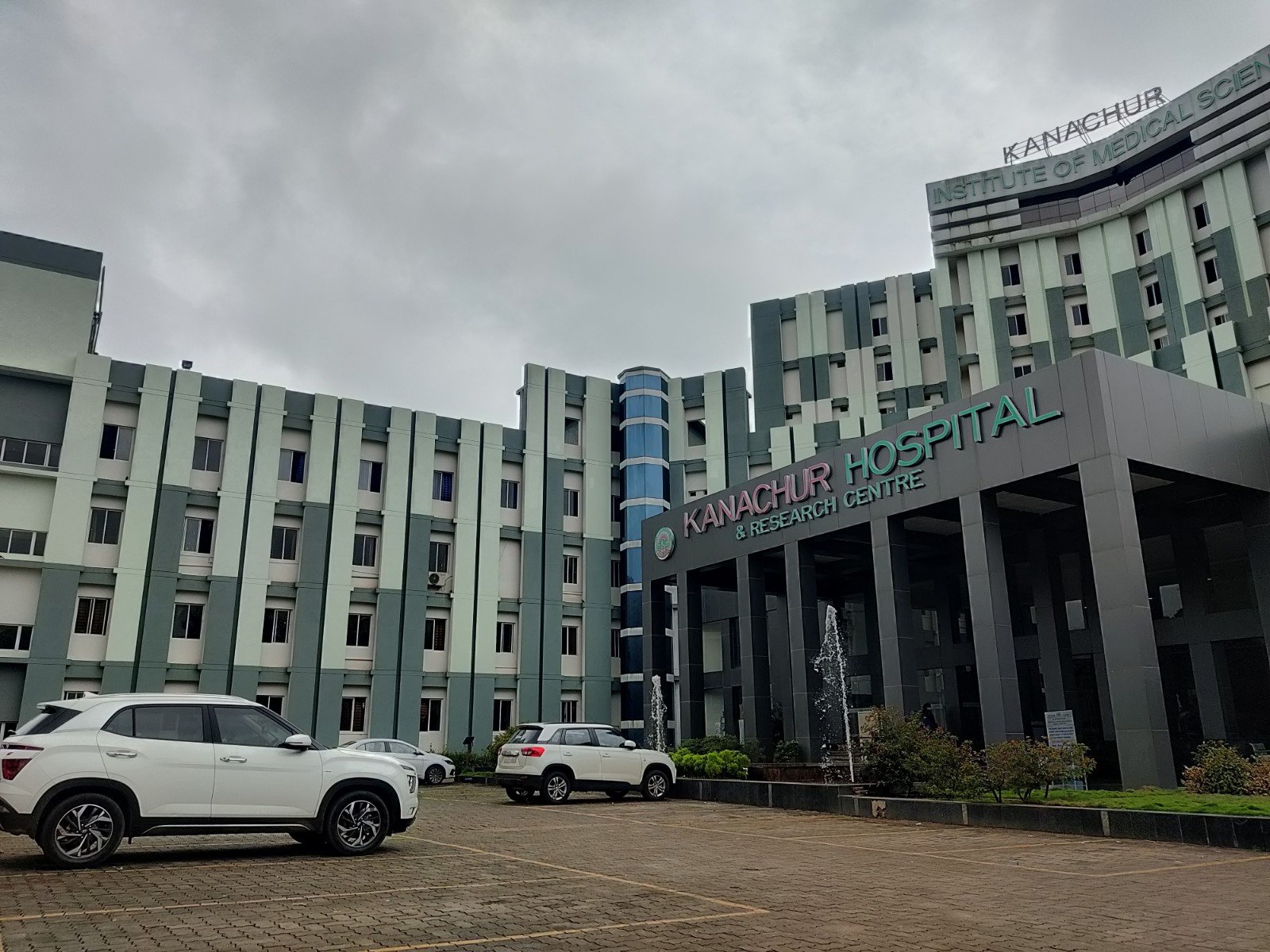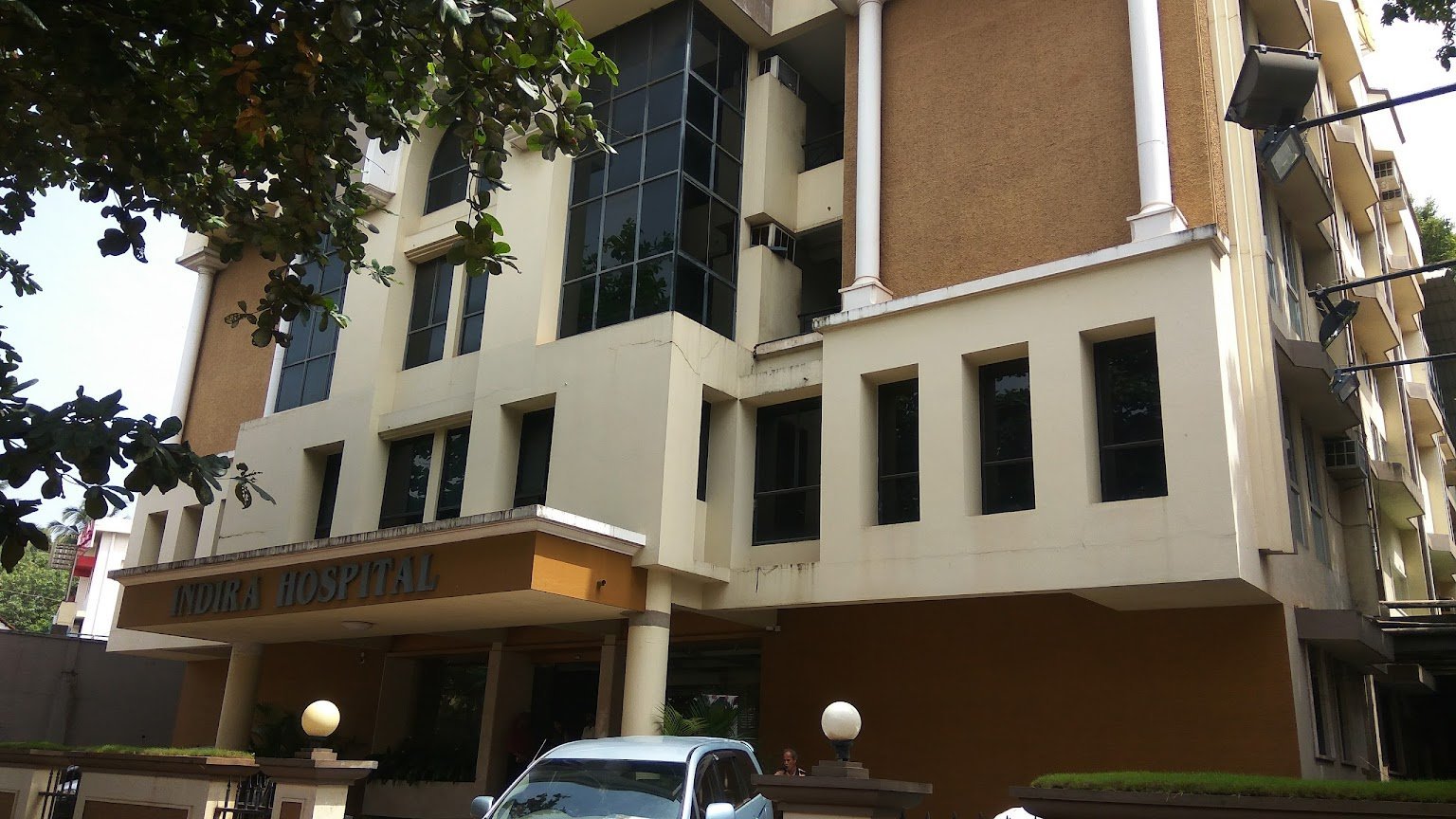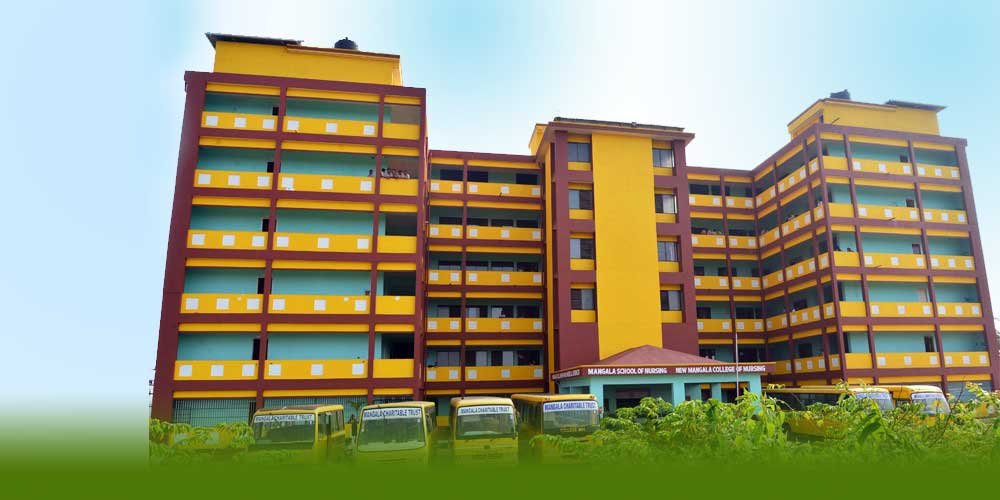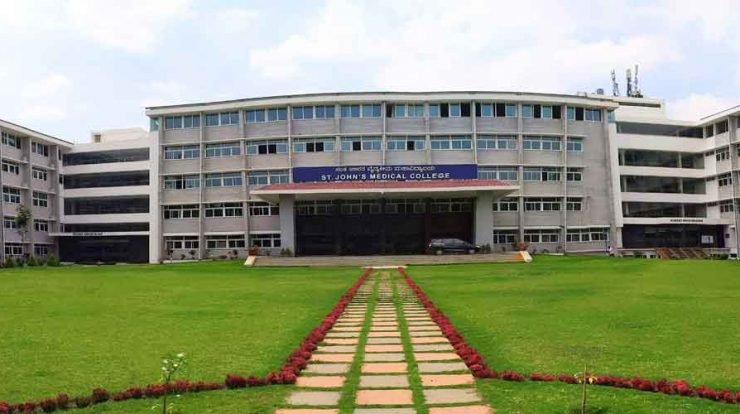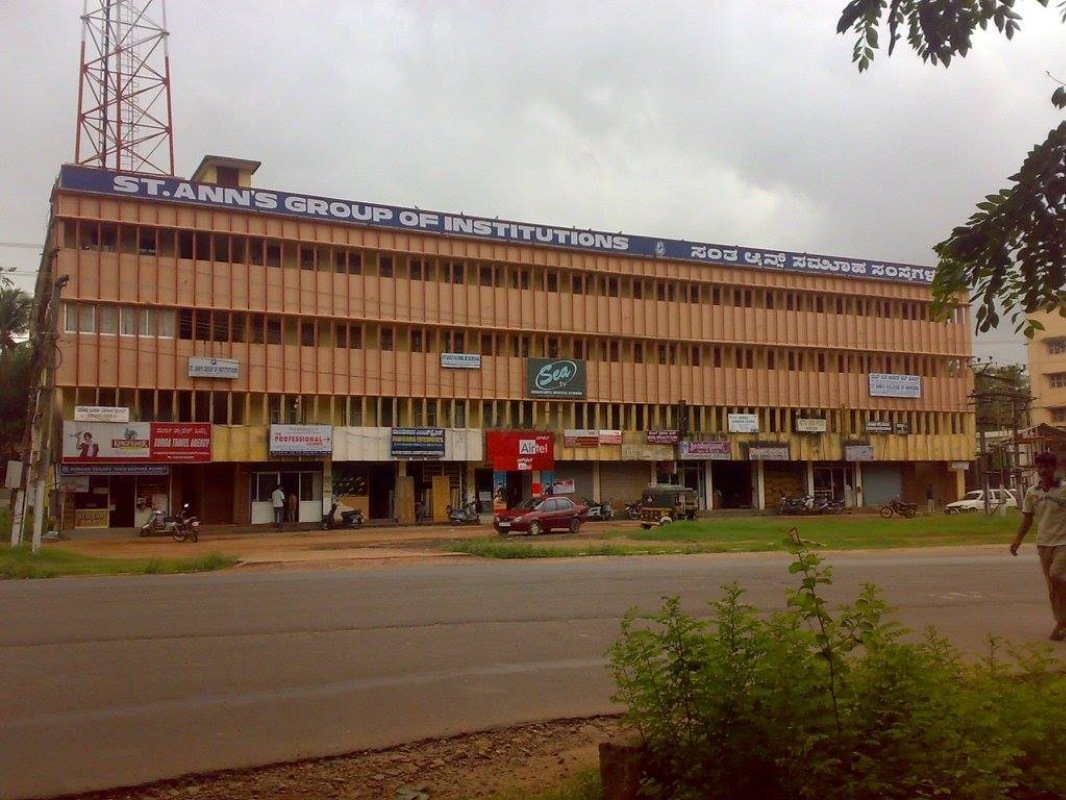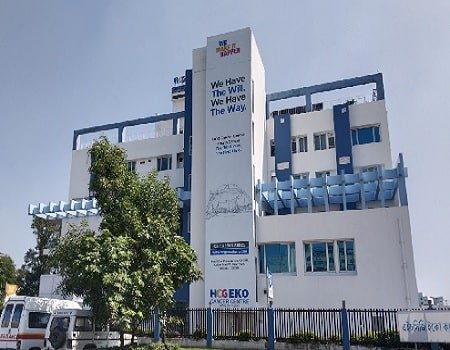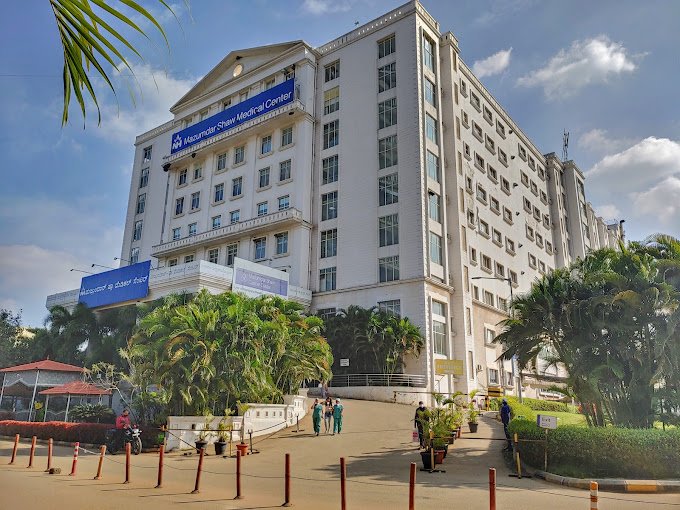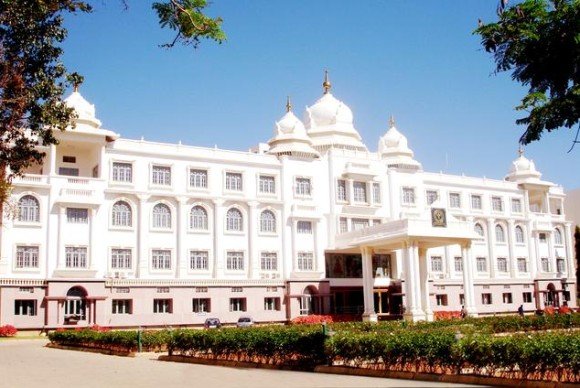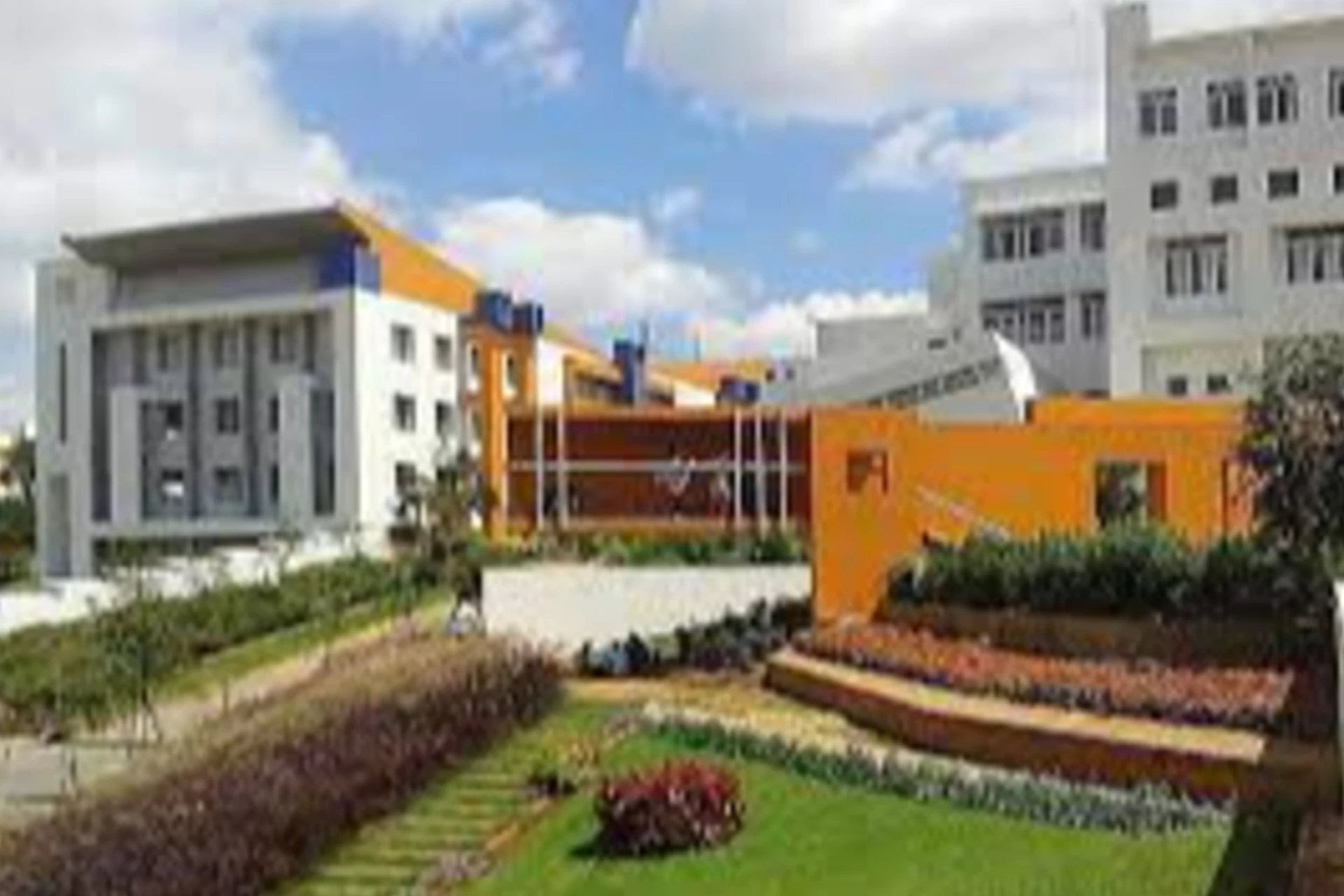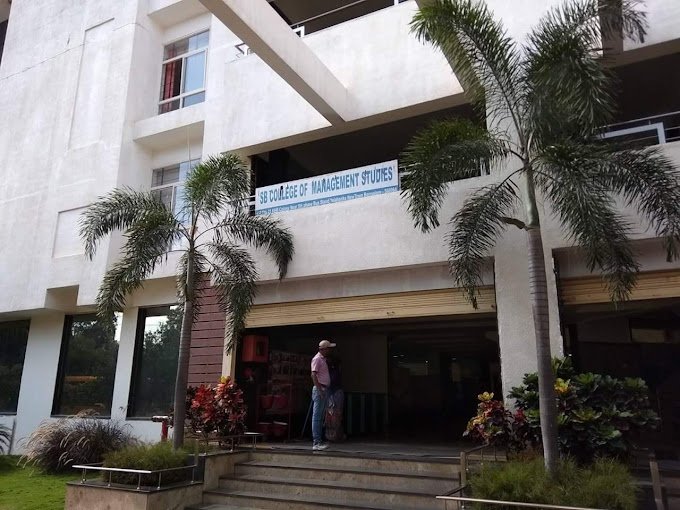BSc Medical Imaging Technology
About The Course
BSc. Medical Imaging Technology or Bachelor of Science in Medical Imaging Technology is an undergraduate Medical Lab Technologist course. Medical imaging technology (MIT) is the technique and process used to create images of the human body or parts and function thereof for clinical purposes (medical procedures seeking to reveal, diagnose or examine disease) or medical science including the study of normal anatomy and physiology.
Although imaging of removed organs and tissues can be performed for medical reasons, such procedures are not usually referred to as medical imaging, but rather are a part of the pathology. Accordingly, the duration of the course of three years and maybe in some cases more or less than this.
Besides the degree course is important and job providing in nature. There are many colleges and universities which are offering this course on their campuses.
BSc. Medical Imaging Technology
Technically, it is a paramedical course. This course caters to the needs of the allied healthcare sector. Radiography technologists and technicians are allied healthcare workers. At its core, this is a radiography course.
What is radiography all about? What is medical imaging technology all about? You will find answers to these questions in the next section.
Here is everything you need to know about this domain –BSc. Medical imaging technology deals with the clinical analysis of interior parts of the human body.
BSc. Medical imaging technology can be used to obtain visual representations of body parts such as bones, muscles, tissues, organs (stomach, intestines, lungs, brain, etc). This discipline plays a huge role in India diagnosing different types of diseases and conditions. Interior organs/parts/tissues of the human body are not visible to the naked eye.

Doctors need medical imaging technology in order to obtain the visual representations of these organs, tissues, and parts. X-Ray, CT Scan, MRI Scan, Sonography, Endoscopy – these are different forms of medical imaging technology.
The course duration is three years. Usually, the academic program is followed by an internship stint that lasts for a period of one year. Thus, the entire program lasts for a period of four years. Moreover, course duration may vary slightly from one college to another.
In short, after completing this course, you will become knowledgeable about tasks/areas such as – medical imaging techniques, medical imaging practices, patient preparation, relevant equipment, image observation techniques, report making, etc.
Career
After completing this course, you will be able to find a decent job in healthcare institutes, radiography centers, etc. In these places, you will be able to do roles such as – medical imaging technologist or technician. Usually, B.Sc. MIT graduates work under the supervision of radiologists. It is not uncommon to see them handling entry-level workers and technicians at the above-mentioned places
Opportunities for BSc. Medical Imaging Technology Graduates
BSc in MIT graduates have the opportunity to pursue Masters and can specialize in any of the Imaging modalities Furthermore, the graduates are working as Imaging Technologists in Hospitals with Radio diagnostic facilities both in public and private sectors Likewise, the graduates have joined as Application specialists in Medical Imaging Equipment companies such as GE Health care, Philips, Seimens, etc. The graduates also had got the teaching positions in educational institutions in India and abroad and pursuing research activities in Medical Imaging Technology.
Syllabus
Here are some of the important subjects present in the curriculum
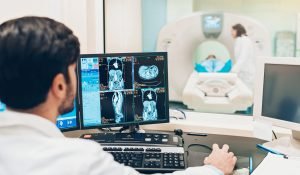
- Patient preparation
- Medical image processing
- Image manipulation
- Image reconstruction
- MRI films
- Pharmacology
- Lab system
- Medical imaging equipment
Fees
Tuition fees depend upon factors such as – type of college, scholarship status of the student, rating of the college, location of the college, etc. Meanwhile, Govt colleges charge very low tuition fees (around 10-30K INR per year). Private colleges charge relatively higher tuition fees (usually around 30-90K INR per year). You may also check the fee structures of the colleges from the college listings.
More Details About BSc Medical Imaging Technology
- Minimum Qualification for it is 10+2 with science stream with English, Physics, Chemistry, Biology and Mathematics as optional subjects, and has scored not less than 40% of marks in Physics, Chemistry and Biology.
- They should have passed the pre-university course from a recognized Board with a vocational course in Radiography/Radiology.
- One should have an eye for detail, be self-sufficient, precise, dedicated and self-motivated also are a good suit for it.
- They should be healthy and sturdy as they may need to work a good deal of time, standing for hours.
- They should have the ability to conduct research, finish tasks with speed and accuracy, to handle stress, make an analytical judgment, interpreting technical/scientific data, knowledge of laboratory instrumentation, mechanical ability and the ability to use computers are the most suitable for this course.
The Bachelor of Science in Medical Imaging program provides students with a diversified plan of study in advanced imaging (CT and MRI), healthcare management, technical support knowledge (PACS and QM), and general studies in a balanced curriculum to prepare them for advancement in multiple career roles or continuation to graduate study. Employment opportunities include: -
- Advanced Imaging Modalities (CT or MRI)
- Healthcare Management or Administration
- PACS Administration
- Quality Management
- Education
- Commercial or Industrial (sales and support)
- Graduate School (Radiologist Assistant or other graduate studies)
- Diagnostic Centres
- Doctor’s Offices
- Educational & Research Institutes
- Hospitals
- Radiology Clinics
- Area Sales Manager
- Imaging Research Assist. Manager
- Lead Medical Image Analysis Scientist
- Marketing Executive
- Medical Advisor
- Radiographer
- X-ray Technician
M.Sc. (Medical Imaging Technology)


